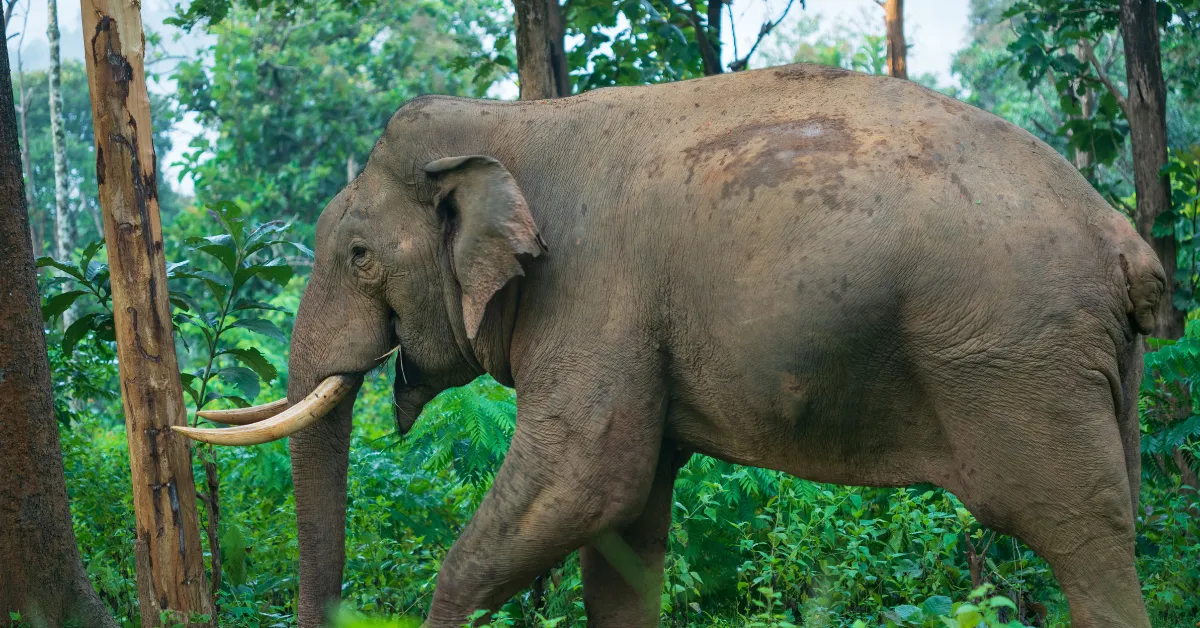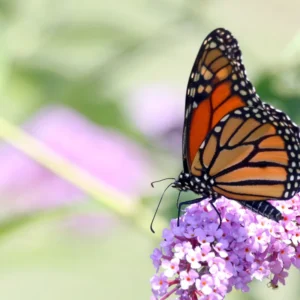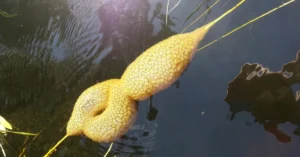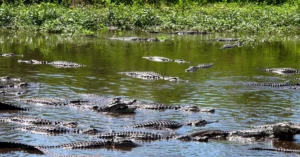A Houston Zoo elephant got the first-ever elephant herpesvirus vaccine on Tuesday. Tess, a 40-year-old Asian elephant, received the shot. The zoo’s staff will monitor her closely to study the effects of the vaccine.
This vaccine targets elephant endotheliotropic herpesvirus. This virus has killed many Asian elephants in North America since 1980, according to the Association of Zoos and Aquariums. Tess is the first elephant to get this vaccine, marking a big step in animal care.
Vaccine Development And Partnership

The first-ever elephant herpesvirus vaccine is the result of a 15-year partnership between Houston Zoo and Paul Ling, a professor at Baylor College of Medicine. Ling helped create this vaccine and hopes it will boost immunity in elephants.
“I would consider it a success if we can at a minimum eliminate lethal deaths caused by this virus,” Ling said. He does not expect the vaccine to cure the disease, but aims to prevent lethal outcomes.
Tess will receive a booster shot soon, and two young elephants are scheduled to get the vaccine in the next few weeks.
Kristin Windle, the zoo’s elephant supervisor, said, “(Tess) is doing great. We’ve kept a really close eye on her. As soon as she got the vaccine, we had veterinary staff that was there monitoring her to ensure that she had no reactions to the vaccine, and everything went great.“
Monitoring And Future Plans

Tess will stay under observation for the next few weeks. The staff will check for any reactions to the vaccine to ensure her health. Windle shared Tess’s current state, saying Tess is doing great.
The zoo staff watched her closely after the shot to make sure she had no bad reactions. The two young elephants scheduled for vaccination will also be closely monitored.
The zoo’s partnership began after a sad event. A young elephant named Mac died from the disease, which pushed the team to act. They developed early detection techniques that have saved several young elephants.
Windle praised these efforts, saying early detection is key. “It takes a village to take care of our elephants,” said Houston Zoo Veterinarian Maryanne Tocidlowski.
Background On EEHV And Its Impact
EEHV has been around for millions of years, with the National Zoo diagnosing the first case in 1995. This virus is very dangerous to young elephants, who have a mortality rate of at least 50%. EEHV causes blood leakage, leading to organ failure.
Tocidlowski stressed the importance of early detection. Usually, symptoms appear too late, and elephants can die within hours.
The National Zoo says there is no total cure for herpes virus in humans or animals. The first-ever elephant herpesvirus vaccine brings hope, and if it works well, it could spread to other zoos.
Ling expressed his hopes for this, saying, “It’s becoming increasingly recognized that there are many other zoos and elephants throughout the world, both those in human care and free-range that are getting infected and succumbing to this virus. The zoo wanted to become more proactive to do something about this.“











13 thoughts on “How The First-Ever Elephant Herpesvirus Vaccine Could End Elephant Deaths”
Really cool to see efforts being made against EEHV! Never knew this was such a big deal for the young elephants. Props to those working on a vaccine. Just curious, how close are we to actually using it?
Yeah, wondering the same. Is there a timeline for when the vaccine might be out? Saving elephants is crucial!
Vaccines take ages to develop, considering the usual red tape. Hope this doesn’t drag on forever.